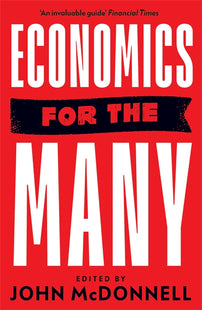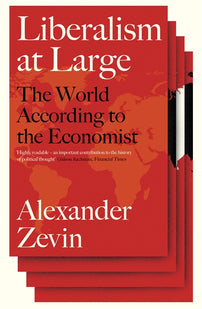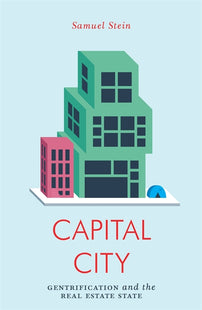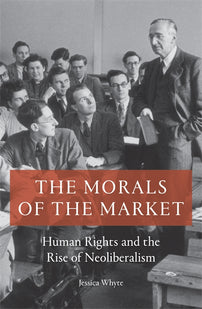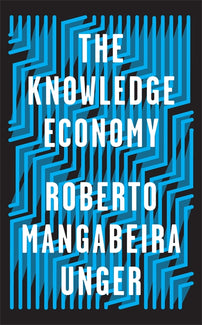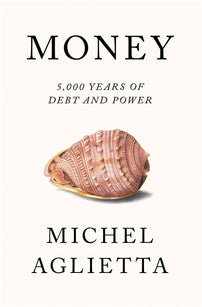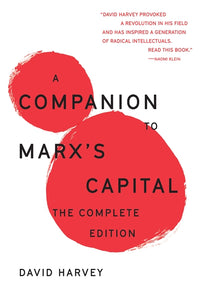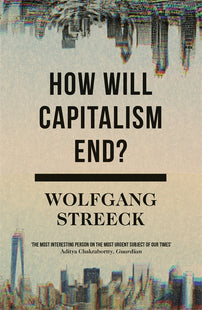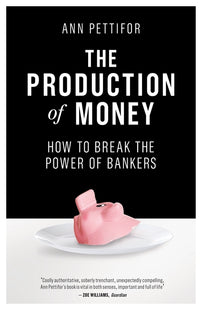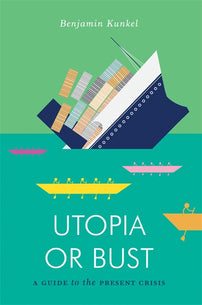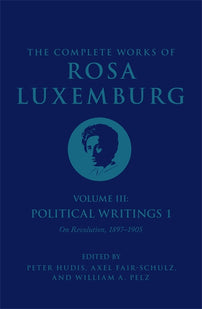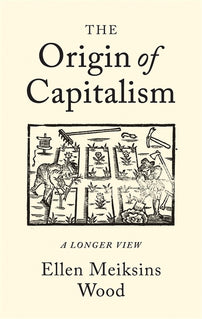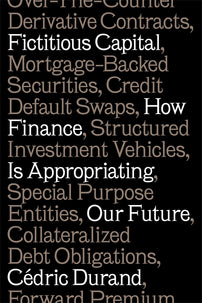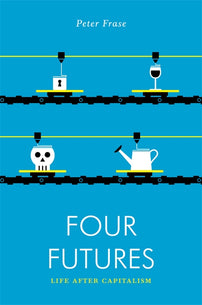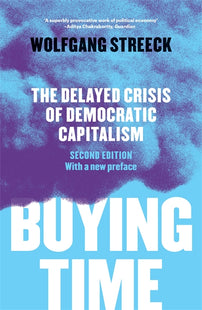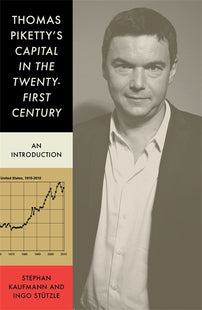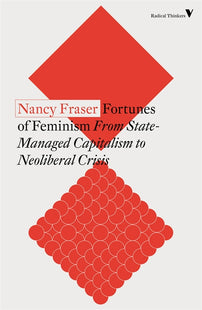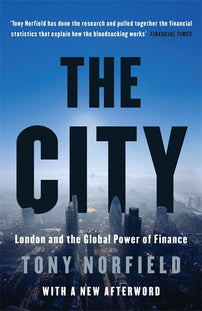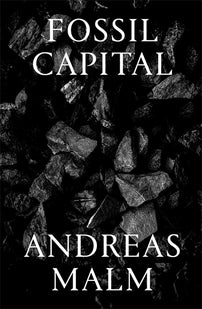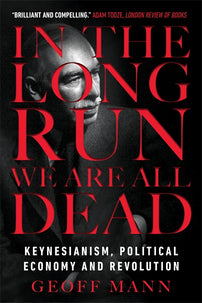Economics: A Verso Bookshelf
A list of our key books on economics.

In light of Brexit, the continued crisis in the EU and the rise in public and private debt, exposing how exploitation and oppression operate within the global economy has never been more important. Here we present a list of books that unveil the truth behind finance, as a mechanism of social and political domination.
ALL our books are 50% off until January 1 as part of our end-of-year sale! See full details here, as well as our End of Year Highlights, Gift Guide, and our best short reads.
[book-strip index="1" style="buy"]Economics for the Many, edited and with an introduction by Shadow Chancellor of the Exchequer John McDonnell, features contributions from the participants in his New Economics conferences, including Barry Gardiner, Ann Pettifor, Prem Sikka, and Guy Standing. It covers topics from housing, public ownership, and fairer international trading systems to industrial policy for the twenty-first century and how to tackle tax avoidance and regional imbalances. Together, the essays in this volume lay out a vision for a new economics, one that works for the many, not the few.
[book-strip index="2" style="buy"]Since 1843, the Economist has been the single most devoted and influential champion of liberalism anywhere in the world. But what exactly is liberalism, and how has the liberal message evolved? Liberalism at Large presents a history of liberalism on the move, confronting the challenges that classical doctrine left unresolved: the rise of democracy, the expansion of empire, the ascendancy of finance. Today, neither economic crisis at home, nor permanent warfare abroad, has dimmed the Economist’s belief in unfettered markets, limited government and a free hand for the West. Confidante to the powerful, emissary for the financial sector, portal onto international affairs, the bestselling news weekly shapes the world its readers—and the rest of us—inhabit. This is the first critical biography of one of the architects of a liberal world order now under increasing strain.
[book-strip index="3" style="buy"]Our cities are changing. Around the world, more and more money is being invested in buildings and land. Real estate is now a $217 trillion dollar industry, worth thirty-six times the value of all the gold ever mined. It forms sixty percent of global assets, and one of the most powerful people in the world—the president of the United States—made his name as a landlord and developer.
Samuel Stein shows that this explosive transformation of urban life and politics has been driven not only by the tastes of wealthy newcomers, but by the state-led process of urban planning. Planning agencies provide a unique window into the ways the state uses and is used by capital, and the means by which urban renovations are translated into rising real estate values and rising rents.
Drawing on detailed archival research on the parallel histories of human rights and neoliberalism, Jessica Whyte uncovers the place of human rights in neoliberal attempts to develop a moral framework for a market society. In the wake of the Second World War, neoliberals saw demands for new rights to social welfare and self-determination as threats to “civilisation”. Yet, rather than rejecting rights, they developed a distinctive account of human rights as tools to depoliticise civil society, protect private investments and shape liberal subjects.
[book-strip index="5" style="buy"]The biography of Carlos Slim, one of the richest people of all time, is a case study in the ethical and psychological effects of extraordinary wealth. Not just the tale of the first man from a developing country ever to reach the top of the Forbes list of billionaires, it presents a living embodiment of the financial mentality of our time, a man who mistrusts politicians and believes the market to be the answer to everything—even corruption. In short, Slim’s story is that of Latin America’s last half century and indeed the wider world.
[book-strip index="6" style="buy"]Adam Smith and Karl Marx recognized that the best way to understand the economy is to study the most advanced practice of production. Today that practice is no longer conventional manufacturing: it is the radically innovative vanguard known as the knowledge economy. In every part of the production system it remains a fringe excluding the vast majority of workers and businesses. This book explores the hidden nature of the knowledge economy and its possible futures.
[book-strip index="7" style="buy"]Looking over the last 5,000 years, Michel Aglietta explores the development of money and its close connection to sovereign power. This book employs the tools of anthropology, history and political economy in order to analyse how political structures and monetary systems have transformed one another. We can thus grasp the different eras of monetary regulation and the crises capitalism has endured throughout its history.
[book-strip index="8" style="buy"]For nearly forty years, David Harvey has written and lectured on Capital, becoming one of the world’s foremost Marx scholars. Based on his recent lectures, this current volume—finally bringing together his guides to volumes I, II and much of III—presents this depth of learning to a broader audience, guiding first-time readers through a fascinating and deeply rewarding text. A Companion to Marx’s Capital offers fresh, original, and sometimes critical interpretations of a book that changed the course of history and, as Harvey intimates, may do so again.
[book-strip index="9" style="buy"]In How Will Capitalism End?, the acclaimed analyst of contemporary politics and economics Wolfgang Streeck argues that the world is about to change. The marriage between democracy and capitalism, ill-suited partners brought together in the shadow of World War Two, is coming to an end. The regulatory institutions that once restrained the financial sector’s excesses have collapsed and, after the final victory of capitalism at the end of the Cold War, there is no political agency capable of rolling back the liberalization of the markets.
[book-strip index="10" style="buy"]In this accessible, brilliantly argued book, leading political economist Ann Pettifor explains in straightforward terms history’s most misunderstood invention: the money system. Pettifor argues that democracies can, and indeed must, reclaim control over money production and restrain the out-of-control finance sector so that it serves the interests of society, as well as the needs of the ecosystem.
[book-strip index="11" style="buy"]Benjamin Kunkel’s Utopia or Bust leads readers—whether politically committed or simply curious—through the most important critical theory today. Written with the wit and verve of Kunkel’s best-selling novel, Indecision, this introduction to contemporary Leftist thinkers engages with the revolutionary philosophy of Slavoj Žižek, the economic analyses of David Graeber and David Harvey, and the cultural diagnoses of Fredric Jameson. Discussing the ongoing crisis of capitalism in light of ideas of full employment, debt forgiveness, and “fictitious capital,” Utopia or Bust is a tour through the world of Marxist thought and an examination of the basis of Western society today.
[book-strip index="12" style="buy"]Luxemburg’s near-daily articles and reports during 1905 on the ongoing revolution (which comprise the bulk of this volume) shed new light on such issues as the relation between spontaneity and organization, the role of national minorities in social revolution, and the inseparability of the struggle for socialism from revolutionary democracy. We become witnesses to Luxemburg’s effort to respond to the impulses, challenges, and ideas arising from a living revolutionary process, which in turn becomes the source of much of her subsequent political theory—such as her writings on the mass strike, her strident internationalism, and her insistence that revolutionary struggle never forget the need to transform the human personality. Virtually all of these writings appear in English for the first time (translated from both German and Polish) and many have only recently been identified as having been written by Luxemburg.
[book-strip index="13" style="buy"]In The Origin of Capitalism, a now-classic work of history, Ellen Meiksins Wood offers readers a clear and accessible introduction to the theories and debates concerning the birth of capitalism, imperialism, and the modern nation state. Capitalism is not a natural and inevitable consequence of human nature, nor simply an extension of age-old practices of trade and commerce. Rather, it is a late and localized product of very specific historical conditions, which required great transformations in social relations and in the relationship between humans and nature.
[book-strip index="14" style="buy"]In this lucid and compelling book, economist Cédric Durand offers a concise and critical introduction to the world of finance, unveiling the truth behind the credit crunch. Fictitious Capital moves beyond moralizing tales about greedy bankers, short-sighted experts and compromised regulators to look at the big picture. Using comparative data covering the last four decades, Durand examines the relationship between trends such as the rise in private and public debt and the proliferation of financial products; norms such as our habitual assumptions about the production of value and financial stability; and the relationship of all this to political power.
[book-strip index="15" style="buy"]Peter Frase argues that increasing automation and a growing scarcity of resources, thanks to climate change, will bring it all tumbling down. In Four Futures, Frase imagines how this post-capitalist world might look, deploying the tools of both social science and speculative fiction to explore what communism, rentism, socialism and exterminism might actually entail.
[book-strip index="16" style="buy"]In this new edition of a highly acclaimed book, Wolfgang Streeck revisits his recent arguments in the light of Brexit and the continued crisis of the EU. These developments are only the latest events in the long neoliberal transformation of postwar capitalism that began in the 1970s, a process that turned states away from tax toward debt as a source of revenue, and from that point into the ‘consolidation state’ of today. Central to this analysis is the changing relationship between capitalism and democracy—in Europe and elsewhere—and the advancing immunization of the former against the latter.
[book-strip index="17" style="buy"]The Panama Papers were a reminder of how the superrich are allowed to hide their wealth from the rest of us. Dirty Secrets uncovers the extent of the corruption behind this crisis and shows what needs to be done in the face of this unregulated spread of rampant greed.
[book-strip index="18" style="buy"]US Nobel Prize–winner Paul Krugman described Thomas Piketty’s Capital in the Twenty-First Century as “perhaps the most important book of the last decade.” It has sparked major international debates, dominated bestseller lists and generated a level of enthusiasm—as well as intense criticism—in a way no other economic or sociological work has in a long time. Piketty has been described as a new Karl Marx and placed in the same league as the economist John Maynard Keynes.
[book-strip index="19" style="buy"]Nancy Fraser’s major new book traces the feminist movement’s evolution since the 1970s and anticipates a new—radical and egalitarian—phase of feminist thought and action.
[book-strip index="20" style="buy"]The City, as London’s financial centre is known, is the world’s biggest international banking and foreign exchange market, shaping the development of global capital. It is also, as this groundbreaking book reveals, a crucial part of the mechanism of power in the world economy.
[book-strip index="21" style="buy"]In No Such Thing as a Free Gift, author and academic Linsey McGoey puts this new golden age of philanthropy under the microscope—paying particular attention to the Bill and Melinda Gates Foundation. As large charitable organizations replace governments as the providers of social welfare, their largesse becomes suspect. The businesses fronting the money often create the very economic instability and inequality the foundations are purported to solve. We are entering an age when the ideals of social justice are dependent on the strained rectitude and questionable generosity of the mega-rich.
[book-strip index="22" style="buy"]The more we know about the catastrophic implications of climate change, the more fossil fuels we burn. How did we end up in this mess?
[book-strip index="23" style="buy"]A groundbreaking debunking of moderate attempts to resolve financial crises.
